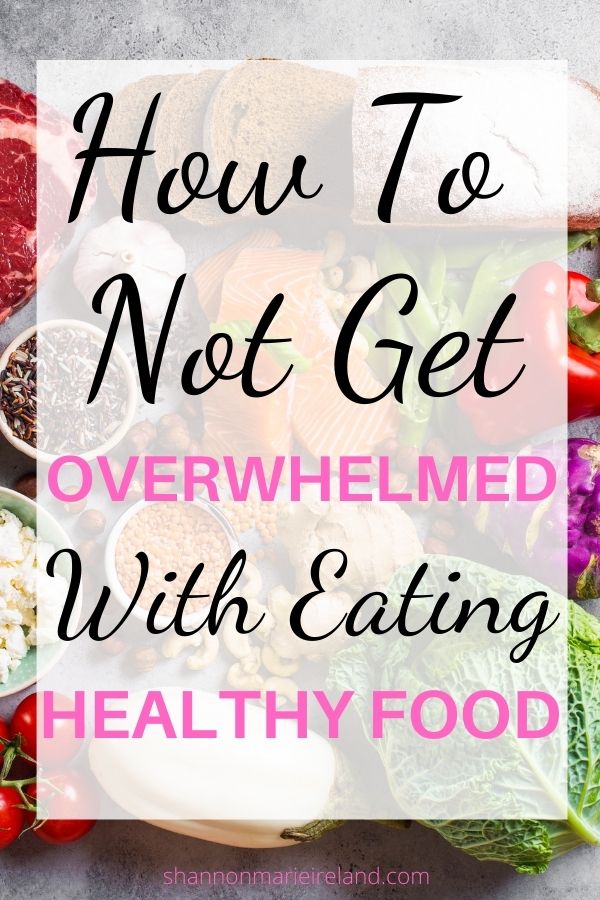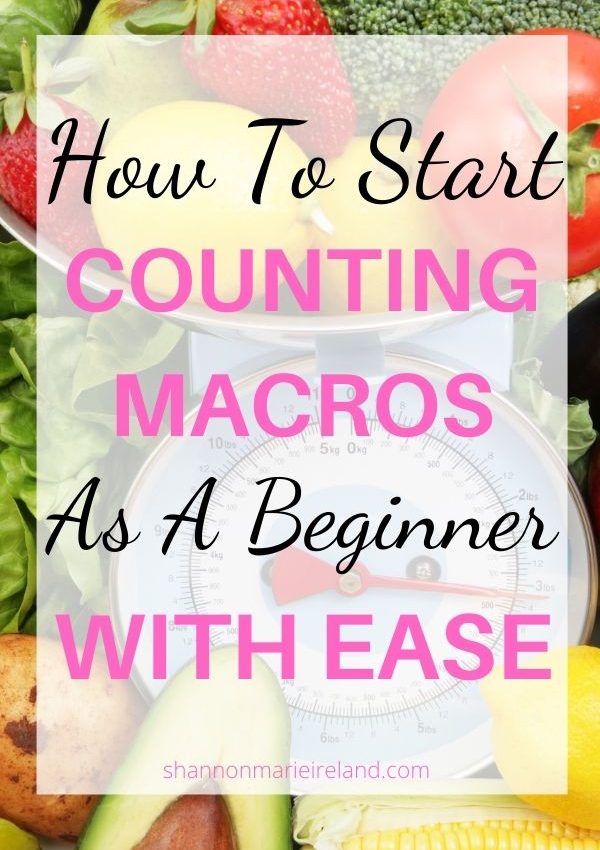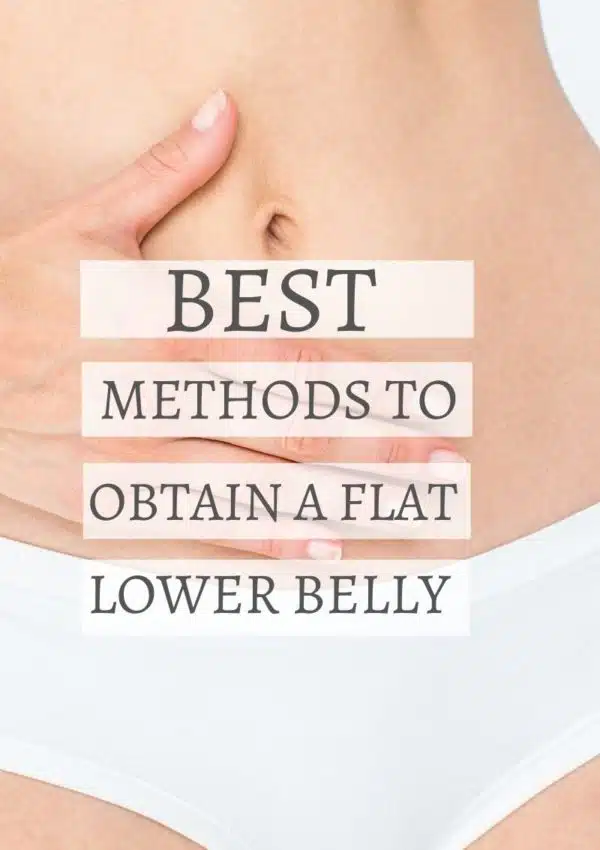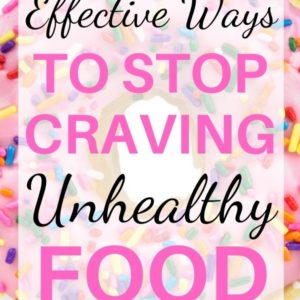
How to not get overwhelmed with eating healthy food.
Often times, what I find stresses people out the most when it comes to weight loss, weight management, and even weight gain is, the food.
In most cases, food is automatically put into a complex box for many people.
Now, i’m not going to completely disagree with you. After all, we each absorb, and process food differently.
However, there are helpful ways to ease yourself into making healthy eating an attainable stress free lifestyle.
So, let’s dive in.
This post may contain affiliate links, which means I’ll receive a commission if you purchase through my link, at no extra cost to you. Read full disclosure.
How To Not Get Overwhelmed With Eating Healthy Food.
1. STOP Absorbing Info From Everyone.
Too much information, is a sure way to create uncertainty and overwhelm.
There is an ungodly amount of information flooding our inboxes, social medias, tv,’s and books on so many diets.
It makes sense why most of you would feel overwhelmed with nutritional information.
Moreover, if you’re listening or reading most things on the internet you’re going to be confused. Especially if you’re getting information from influencers who do not specialize in nutrition.
Just because, it worked for Jaclyn the makeup artist, Ashley the fashionista , and Rebecca the traveler, does not mean that those certain foods or diets will work for you.
Take time to find a professional in the field, and only focus on getting your information from someone you trust.
“Too much information can drown you in overwhelm.”
2. Lose The Extreme Mindset Approach.
In many cases, the extreme mindset approach, meaning the all or nothing approach can tend to set people back to where they started.
Why is this, because integrating multiple changes at once without building those healthy habits into your lifestyle properly can overwhelm you.
In another sense, the extreme mindset approach can make people take “dieting” to unhealthy extremes.
For instance, someone may read that low carb, and low sodium is a great way to lose weight, so they completely cut out carbs, and sodium instantly, which in turn they cannot sustain.
Overall, do not take this extreme approach, everyone’s circumstances are different, and we each metabolize nutrients differently. So, be mindful of doing what works best for you, and take it at your own pace.
4. Plan Ahead.
Taking a little time to plan ahead will help you to not only sustain your healthy eating habits, but it will also catapult you towards achieving your weight loss goals.
A few helpful tips to plan, and prepare:
- Find 3-4 simple, healthy recipes to rotate for the week.
- Make a grocery list of ingredients needed, and don’t shop hungry.
- Have plenty of food storage bags, and containers at home.
- Cook in bulk, and use the left over’s for other meals.
- Find healthy alternatives for your sweet tooth.
- Keep junk food out of house.
- Browse menu for healthier options before going out to restaurants.
- Keep plenty of spices, and healthy condiments at home to change up taste of food.
“Fail to plan, then you’re planning to fail.”
5. Keep It Simple.
Simplicity is the key to consistency, period.
In doing so, you allow your mind to not get overwhelmed. It is much easier to focus, and conquer things when taking it one step at a time.
For instance, when making lifestyle changes in your nutrition. First, become self aware of what foods you’re currently consuming, and how often. This gives you a clear understanding as to what food items you should begin to eliminate, and what healthier food to add in.
Furthermore, as you begin to conquer those simple changes one step at a time, you will notice months down the road the snowball effect of how those healthy habits added up slowly, but continuously.
Implementing simple habits it’s much easier to grasp, then changing multiple things at one time.
6. Remain Flexible.
For sure, eating plenty of nutritious food is important for overall health, and longevity, but there are no foods that directly cause weight gain.
Of course, there are foods that offer less nutrition, are filled with processed sugars, preservatives, and over consuming those foods can cause health issues.
However, indulging in your favorite foods every now and again in moderation is perfectly fine, and I recommend it.
After all, deprivation doesn’t serve anyone well, and in order to sustain a healthy lifestyle we need to not feel so restricted.
7. Set Boundaries.
Boundaries are basic guidelines that you create to establish how others behave toward you.
Setting these boundaries ensures people are mutually respectful, and caring towards each others needs.
Often times, when someone decides to change their habits, close friends, and family members may not understand those changes. Therefore, those relatives can unconsciously or even consciously try to sabotage, make fun of, or not support you.
When you come across this situation, it is important to create boundaries with those people. More often, once you set those boundaries they will support your journey.
Otherwise, it may be best to spend less time with those who do not support your new healthy habits.
8. Consistency Is Key.
Lastly, consistency at anything in life is the ultimate key to success.
Executing something here, and there will not reap the benefits desired, or any at all in that matter.
Furthermore, consistency builds momentum, which leads to progress, and this can speed up the accomplishment of what we want.

9. Get An Accountability/Nutrition Coach.
Lastly, if you want to take the stress away, and seek professional guidance, then don’t be scared to ask for help.
Moreover, having a nutritionist do all the meal planning, and macro counting for you is so much easier, and can save a ton of time then trying to figure it out on your own.
If you need assistance, click below to get in touch, and get your macros, and meals planning done for you.







Leave a Reply